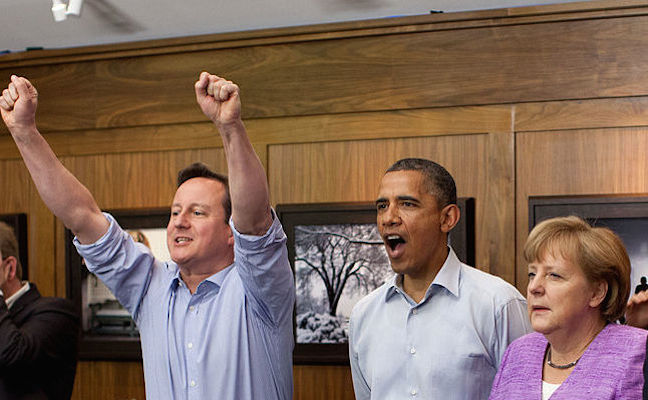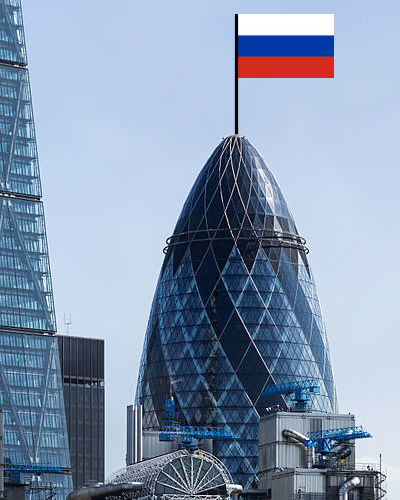The following originally appeared in The Globalist.
In politics, doing the right thing should be done for its own sake, not for tactical reasons.
At the start of the New Year, the world leader who deserves praise in this regard is German Chancellor Angela Merkel. In the face of rising anti-Islamic protests in her country – a Dresden hate rally on December 22, 2014 reached a record 17,500 people – she chose to condemn the protests directly in her New Year’s speech.
“There is no place here for stirring up hatred and telling lies about people who have come to us from other countries,” she said.
Merkel added that the protest leaders had “prejudice, coldness or even hatred in their hearts” and observed that their clever rhetoric masks an ugly message that “You don’t belong, because of the color of your skin, or your religion.”
A spokesperson for the Chancellor followed up this pronouncement with the following statement:
“In Germany, there is no place for stirring up hatred against believers, for propaganda against religions of any sort, no place for right-wing extremism, and no place for xenophobia. The entire German government is united in its condemnation of any such thing.”
Lest readers believe this was an easy course of action requiring little thought, consider that a new poll by Forsa for Stern magazine. It found that 13% of Germans would attend an anti-Muslim rally in their own community — and 29% believed the rallies were justified.
Cameron’s response
Contrast Ms. Merkel’s determination in the face of a rising tide of xenophobic hate with Prime Minister David Cameron’s positioning. All that he has mustered is a weak rejection, even uncomfortable accommodation, of Britain’s mounting xenophobia and anti-immigrant views in the political sphere and general population.
Mr. Cameron has cowered before the growing power of UKIP and his own party’s more distasteful right wing, as the anti-outside-world politicians in Britain have surged to victories in the EU elections and parliamentary by-elections.
Conclusion
Chancellor Merkel deserves praise for standing fast against political extremism, anti-immigrant activists and anti-Muslim sentiments. Other elected global leaders would do well to learn from her example in the New Year’s speech and actually lead on this issue in 2015.

Pictured: Prime Minister David Cameron, President Barack Obama, and Chancellor Angela Merkel, May 2012, watching a Chelsea vs. Munich soccer match during the G8 summit. (White House Photo)
Additional note for clarity, for non-Globalist readers: Read more




